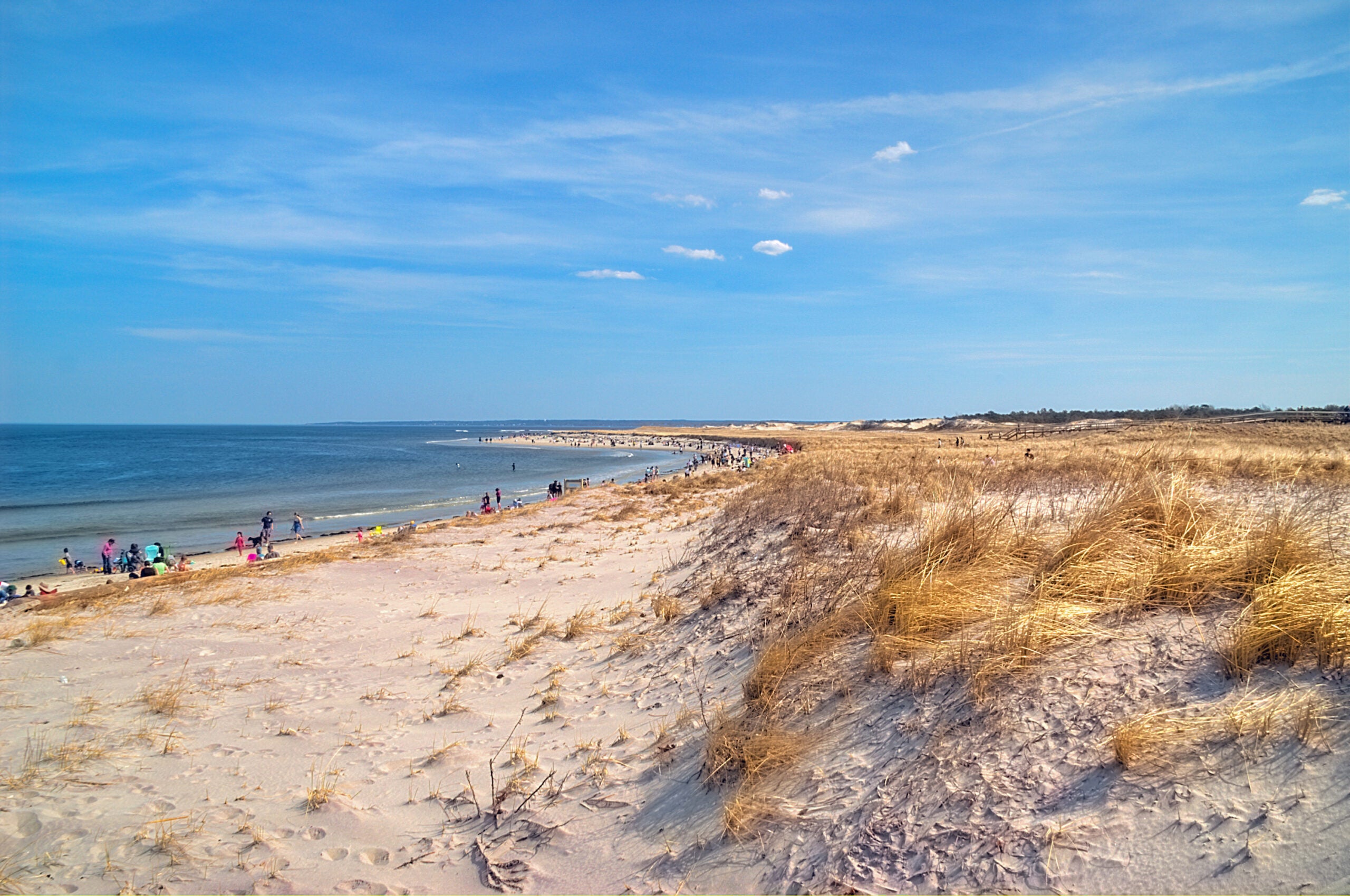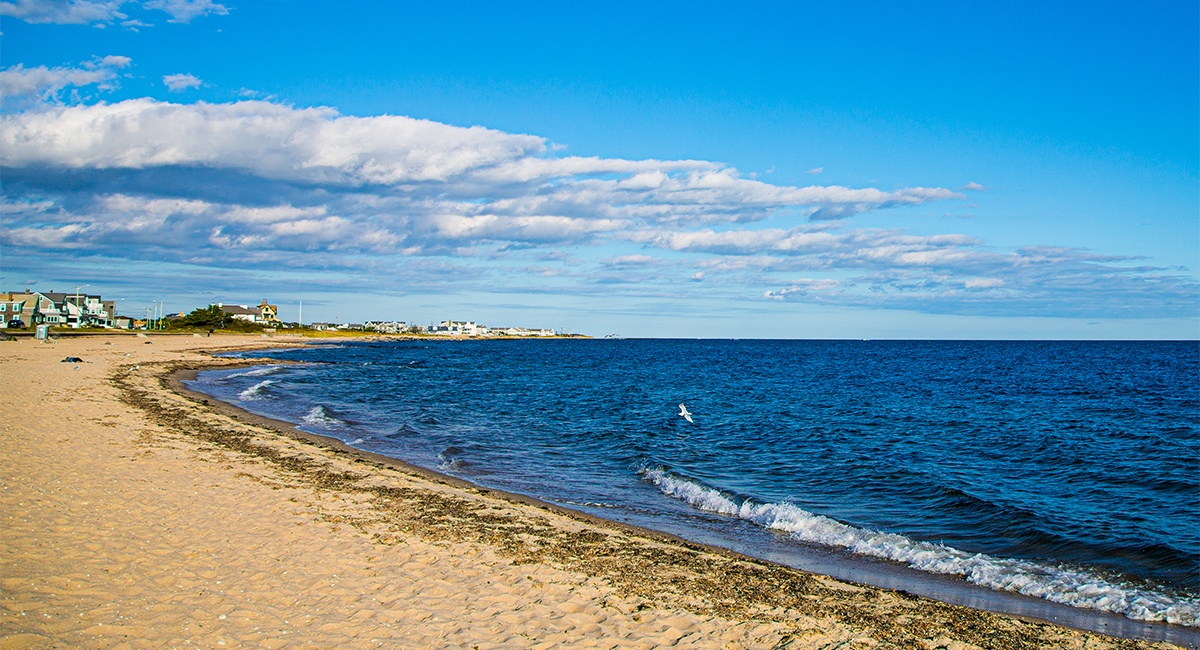Public Safety Concerns

Massachusetts beaches closed – The decision to close a beach is not taken lightly. Public safety is the top priority, and beach closures are implemented when conditions become hazardous for swimmers and beachgoers.
The recent closures of Massachusetts beaches due to high bacteria levels have left many residents disappointed. However, there is some good news on the retail front. Saks Fifth Avenue has acquired Neiman Marcus , creating a luxury retail powerhouse. While the beach closures may have dampened spirits, this acquisition brings a glimmer of hope and excitement to the retail landscape.
Hopefully, the beaches will reopen soon, allowing residents to enjoy both the natural beauty of their surroundings and the newly expanded shopping options.
Strong currents, rip tides, and high surf can pose significant risks to even experienced swimmers. Ignoring beach closures can have dire consequences, as evidenced by the numerous cases of drownings and near-drownings that occur each year.
Dangers of Ignoring Beach Closures, Massachusetts beaches closed
- Strong currents can pull swimmers away from shore, making it difficult to return.
- Rip tides are powerful currents that can quickly carry swimmers out to sea.
- High surf can create dangerous waves that can knock swimmers down and cause them to be swept away.
By respecting beach closures, you can help ensure your own safety and the safety of others.
Environmental Factors

Environmental conditions play a crucial role in determining the safety and accessibility of beaches. Extreme weather events, water quality issues, and algal blooms can all lead to beach closures in Massachusetts.
Weather Conditions
Storms and hurricanes can create hazardous conditions on beaches, including strong currents, high waves, and beach erosion. These conditions can make swimming, surfing, and other water activities dangerous. In addition, storms can damage beach infrastructure, such as lifeguard towers and restrooms, making it unsafe for beachgoers.
Water Quality
Water quality is another important factor that can affect beach safety. Pollution from sources such as sewage, agricultural runoff, and stormwater can contaminate beach water with bacteria and other harmful microorganisms. Swimming in contaminated water can cause a variety of health problems, including gastrointestinal illness, skin infections, and respiratory problems.
Algal Blooms
Algal blooms are another potential hazard to beachgoers. When certain types of algae grow rapidly, they can form dense mats on the water’s surface. These blooms can produce toxins that can cause skin irritation, respiratory problems, and other health issues. In some cases, algal blooms can also lead to fish kills and shellfish closures.
Examples of Beach Closures
There have been several notable instances of beach closures in Massachusetts due to environmental factors. In 2018, several beaches on Cape Cod were closed due to a red tide bloom. The bloom produced a toxin that caused respiratory problems in beachgoers. In 2021, several beaches in Boston Harbor were closed due to high levels of bacteria in the water. The bacteria came from a sewage overflow that occurred during a heavy rainstorm.
Beach Management and Regulations: Massachusetts Beaches Closed

The responsibility of monitoring beach conditions and implementing closures falls upon local authorities, such as town or city councils, in collaboration with relevant state agencies. These authorities are tasked with ensuring the safety and well-being of beachgoers and the preservation of the coastal environment.
The decision to close a beach is not taken lightly and is based on a comprehensive assessment of various factors, including water quality, weather conditions, and the presence of potential hazards. Regular water quality testing is conducted to monitor for bacteria levels and other contaminants that could pose a health risk to swimmers. Additionally, weather forecasts are closely monitored to anticipate potential storms, high waves, or rip currents that could create dangerous conditions.
Beach Closure Procedures
When water quality testing indicates elevated bacteria levels or when weather conditions or other factors pose a significant safety risk, local authorities will initiate the process of closing the beach. This involves posting visible signs along the beach and notifying the public through various channels, such as social media, local news outlets, and the town website.
The beach will remain closed until such time as the water quality has improved or the hazardous conditions have subsided. Regular water quality testing and monitoring of weather conditions will continue during the closure period to determine when it is safe to reopen the beach.
Specific Regulations and Protocols
In Massachusetts, specific regulations and protocols are in place regarding beach closures. The Massachusetts Department of Public Health (MDPH) sets water quality standards for bathing beaches and is responsible for monitoring and enforcing these standards.
- Water Quality Standards: MDPH has established water quality standards for bacteria levels in bathing beaches. When bacteria levels exceed these standards, the beach must be closed.
- Beach Closure Notification: Local authorities are required to notify the public of beach closures through visible signs and public announcements.
- Reopening Procedures: Before a beach can be reopened, water quality testing must confirm that bacteria levels have returned to acceptable levels, and hazardous conditions have subsided.
The sun may be shining, but the beaches of Massachusetts are closed due to high bacteria levels. But don’t let that dampen your spirits! Head to your local Krispy Kreme and indulge in their free doughnuts. The sweet glaze and fluffy dough will surely put a smile on your face.
And when the beaches reopen, you’ll be ready to hit the sand with a newfound appreciation for the simple pleasures of life.